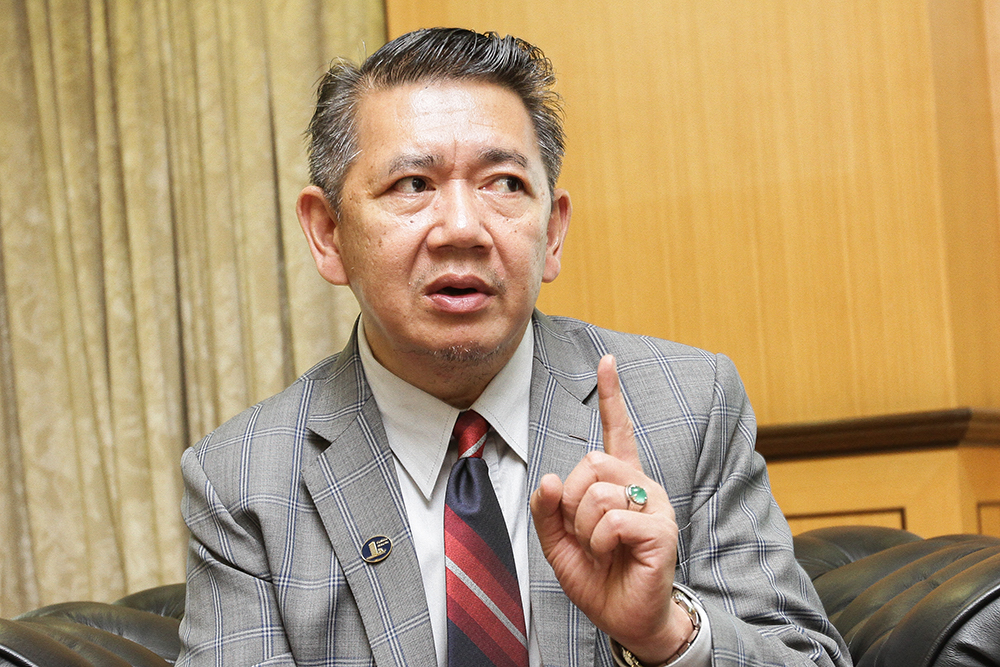PUTRAJAYA, Feb 7 ― Datuk Salahuddin Ayub wants to make one thing very clear about the position of Malays and Islam under Pakatan Harapan (PH) ― there will be no erosion under the new government.
After seven months in federal power, the Parti Amanah Negara deputy president acknowledges that the paranoia of losing the special rights accorded their status as “princes of the soil” remains strong within the country’s largest population group, which he attributes to the narrative being told by political rivals and critics portraying PH as anti-Islam.
“Malays fear that Islam is no longer relevant under the PH government, yet many did not talk about the failure of Tabung Haji or Felda. Did this happen under PH or what?” the agriculture and agro-based industry minister told Malay Mail in a recent interview.
“You want to blame Pakatan Harapan because Islam is supposedly eroded under our administration? We are only seven months in compared to 60 years,” he continued, pitting the length of his coalition’s rule against that of the Barisan Nasional (BN) alliance it toppled in the May 9 general election last year.
To Salahuddin, the sense of insecurity felt by Malays and Muslims in the country is wholly unfounded, but is being exploited by PH opponents who are clinging to outdated and biased stereotypes to curry sympathy, even empathy.
To illustrate his point, he pointed to the political outcry over the government’s planned ratification of the International Convention on the Elimination of All Forms of Racial Discrimination (ICERD) last year.
BN anchor, the once-moderate Umno and Islamist party PAS joined forces and held a mass rally protesting against ICERD in the streets of the national capital last December, even though by then, the PH government had announced it was not ratifying the United Nations treaty.
Salahuddin urged Malays and Muslims to think for themselves about the political narrative created by PH critics in blatant disregard of the government’s push for fair play.
He advised Malaysians not to let their racial and religious differences cloud their minds in building a future based on mutual respect for each other.
“We need to educate people about new politics as the narrative has changed from the old narrative.
“We want Islam to be implemented in a nice way, but Malays must be a good example in terms of your cleanliness, your approach, your attitude so that the non-Muslims will respect you and vice versa,” he said.
Salahuddin said Amanah leaders are trying to show the way forward with its “Rahmatan Lil ‘Alamin” brand of Islam, which means “blessings to all creations” by putting such a philosophy into practice in their daily routines.
He stressed that the philosophy is what separates Amanah from PAS, and why the PH party has been getting up to 10,000 membership applications a month since GE14.
“However that does mean we can be complacent. I will ensure that we move forward by learning from PAS, work to rectify any mistake now and ensure that PH remains strong,” he said.
He said Amanah is not in the business to crow about the strength of its religious beliefs or “demonise” the concepts and faith of others.
“We practise moderate Islam,” he said.
“In Amanah, we prefer to engage with people and give them a chance to change. You must be able to voice out all the dissatisfaction from all groups. It shows that Islam is for all.”




















